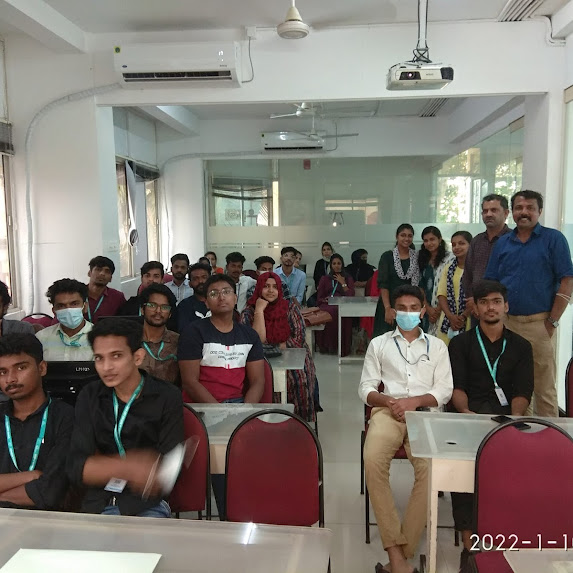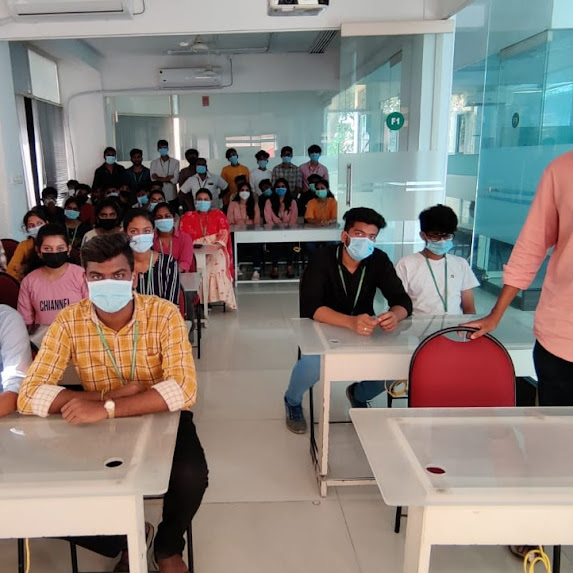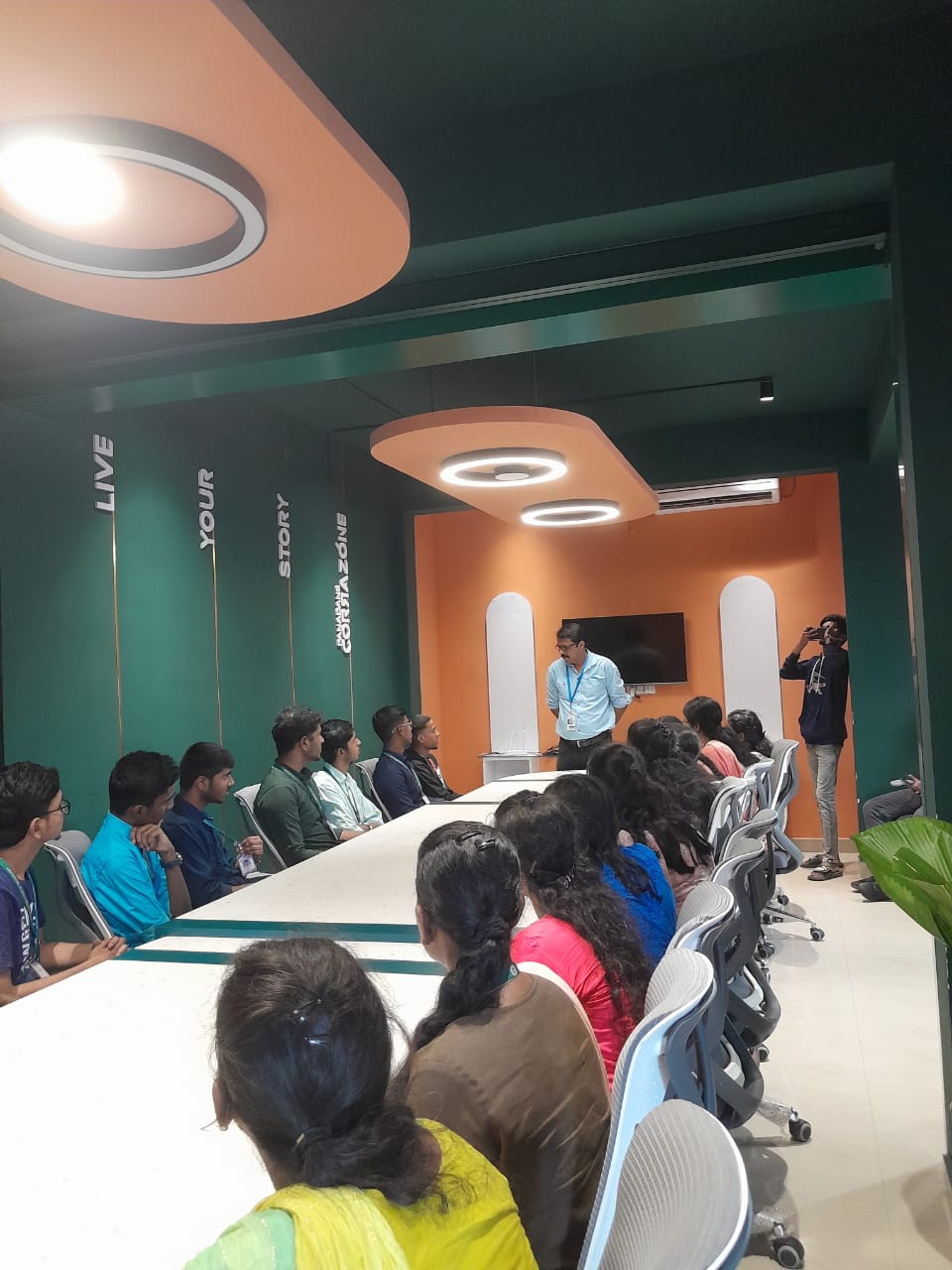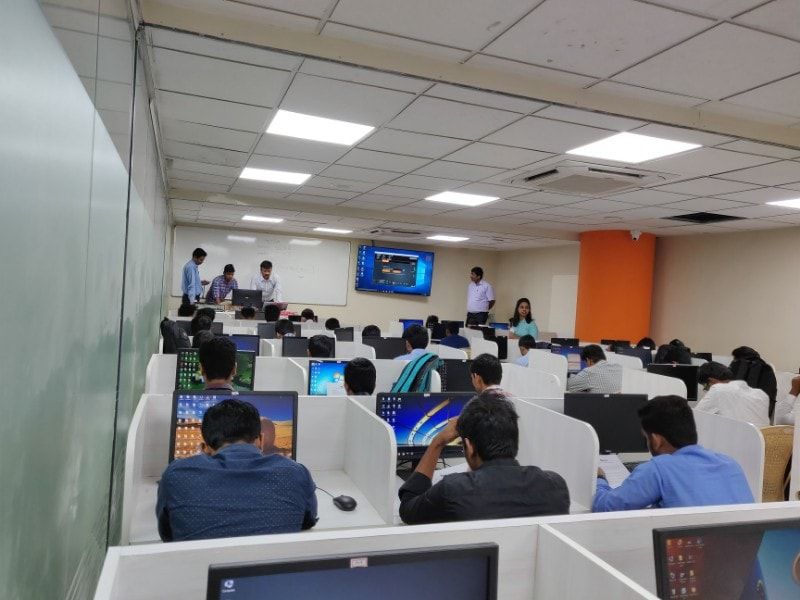SOC Analyst Training by Experts
Our Training Process

SOC Analyst - Syllabus, Fees & Duration
Introduction to Cybersecurity
- Basics of cybersecurity
- Common cyber threats and attack vectors
Networking Fundamentals:
- Understanding TCP/IP
- Network protocols
- Firewalls, routers, and switches
Operating Systems
- In-depth knowledge of Windows, Linux, and possibly macOS
- File systems and permissions
Security Technologies
- Antivirus and anti-malware solutions
- Intrusion detection/prevention systems (IDS/IPS)
- Security information and event management (SIEM) systems
Incident Response
- Incident detection and analysis
- Incident classification and escalation
- Incident documentation and reporting
Threat Intelligence:
- Understanding threat intelligence
- Integrating threat intelligence into daily operations
Security Monitoring:
- Log analysis
- Network traffic analysis
- Endpoint security monitoring
Vulnerability Management
'- Identifying and prioritizing vulnerabilities
- Patch management
Security Policies and Compliance
- Understanding security policies and procedures
- Compliance standards and regulations
Hands-on Labs and Simulations
- Practical exercises & simulations for real scenarios
- Use of cybersecurity tools in a controlled environment
Soft Skills
- Communication and collaboration
- Analytical thinking and problem-solving
This syllabus is not final and can be customized as per needs/updates





 They need to stay updated on the latest cyber threats, security technologies, and industry best practices to effectively address the evolving landscape of cybersecurity risks. Industry-recognized certifications, such as CompTIA Security+, Certified Information Systems Security Professional (CISSP), or Certified Ethical Hacker (CEH), may also be part of the training or pursued separately. Incident Detection and Response:Investigate and respond to security incidents, including data breaches, malware infections, and other cyber threats. Develop and implement incident response plans to minimize damage and prevent future incidents. Forensic Analysis:Perform forensic analysis on security incidents to understand the scope, impact, and root causes. Document findings for future reference and improvement. Stay updated on changes in cybersecurity laws and regulations. Cybersecurity analysts play a crucial role in maintaining the confidentiality, integrity, and availability of an organization's information assets. Their primary goal is to safeguard digital assets, sensitive information, and ensure the continuity of business operations. Here are some common tasks and roles performed by cybersecurity analysts:Monitoring Security Infrastructure:Continuously monitor security alerts and events to identify potential security incidents.
They need to stay updated on the latest cyber threats, security technologies, and industry best practices to effectively address the evolving landscape of cybersecurity risks. Industry-recognized certifications, such as CompTIA Security+, Certified Information Systems Security Professional (CISSP), or Certified Ethical Hacker (CEH), may also be part of the training or pursued separately. Incident Detection and Response:Investigate and respond to security incidents, including data breaches, malware infections, and other cyber threats. Develop and implement incident response plans to minimize damage and prevent future incidents. Forensic Analysis:Perform forensic analysis on security incidents to understand the scope, impact, and root causes. Document findings for future reference and improvement. Stay updated on changes in cybersecurity laws and regulations. Cybersecurity analysts play a crucial role in maintaining the confidentiality, integrity, and availability of an organization's information assets. Their primary goal is to safeguard digital assets, sensitive information, and ensure the continuity of business operations. Here are some common tasks and roles performed by cybersecurity analysts:Monitoring Security Infrastructure:Continuously monitor security alerts and events to identify potential security incidents.



















































































